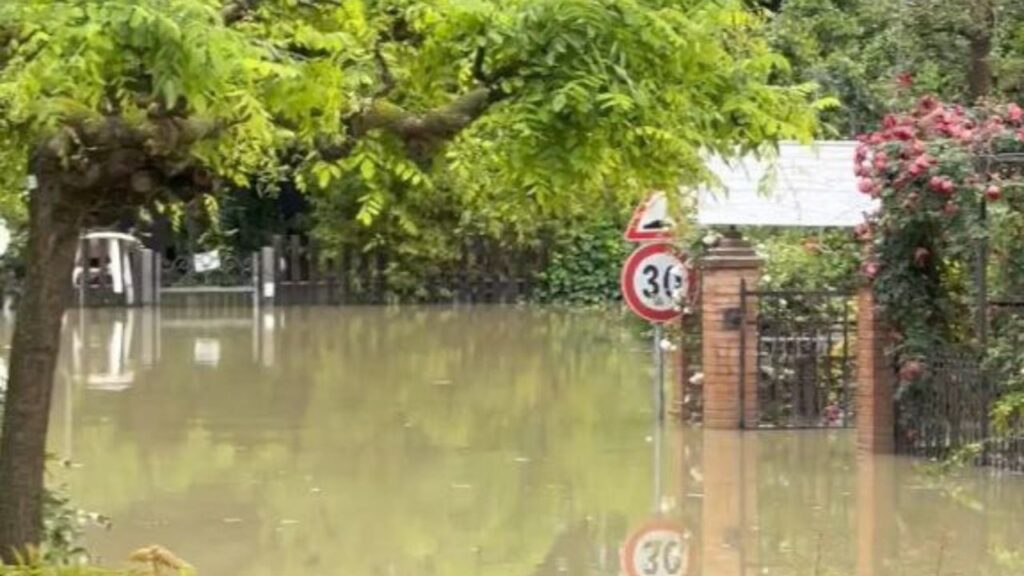Natural disasters, including floods, are increasing in frequency and intensity due to climate change: a threat to people’s security and livelihoods. Floods are estimated to affect more than 250 million people worldwide each year, causing an estimated $10 billion in economic damage. For this reason, Flood Hub is the platform of Google that predicts and helps people prevent floods.
Flood Hub uses AI to tackle the climate emergency
As part of its commitment to using artificial intelligence to address the climate emergency, Google announced the expansion of its flood forecasting capability to 80 countries. With the addition of 60 new countries in Europe (including Italy), Africa, the Asia-Pacific region, South and Central America, the Flood Hub platform now extends to some of the territories with the highest percentage of exposed population the risk of flooding and more extreme weather conditions. An estimate that is around 460 million people in the world.
Governments, humanitarian organizations and individuals will be able to use Flood Hub to act promptly and prepare for the emergencydisplaying locally relevant flood data and forecasts up to 7 days before the eventan increase from last year, when the information was only available with 48 hours in advance.

I dati usati da Flood Hub
Flood Hub’s AI uses several publicly available data sources, such as weather forecast and satellite images. The technology thus combines two models: the model hydrologicalwhich predicts the amount of water flowing in a river, and the model of floodwhich predicts which areas will be affected and how deep the water will be.
Google is working to further expand flood forecast alerts in Google Search and Google Maps, with the goal of making this information available to users of our products when they need it most.
Artificial intelligence to help people prepare for floods
In 2018, the company announced flood forecasts in India and extended to Bangladesh to help combat catastrophic damage from annual flooding. Thanks to the advancements made by artificial intelligence and machine learning prediction models, in 2022 further extended our technology to other 18 countriespaving the way for the current global expansion.
Flood Hub is part of our crisis response efforts to provide people with access to reliable information and resources in times of crisis, including fires and earthquakes. For more than a decade, we’ve worked with frontline and emergency workers to develop technologies and programs that help keep people safe, informed and out of harm’s way.
Organizations Google works with to help prevent natural disasters
Additionally, to help communities that are vulnerable to flooding but may not have access to a smartphone or the Internet, Google.org partners with organizations such as the Federation of Red Cross and Red Crescent Societies, Indian Red Cross Society, and Yale’s Inclusion Economics team University to build offline warning networks of trained, incentivized and trusted community volunteers to amplify the reach of Flood Hub alerts. There are also the Federation of Red Cross and Red Crescent Societies, the Indian Red Cross Society and the Inclusion Economics team at Yale University.
The most recent findings from the Yale team and local nonprofit Yuganter found that communities with local volunteers were 50 percent more likely to receive warnings before water reaches their area, a factor that can make the difference in these cases.















Leave a Reply
View Comments